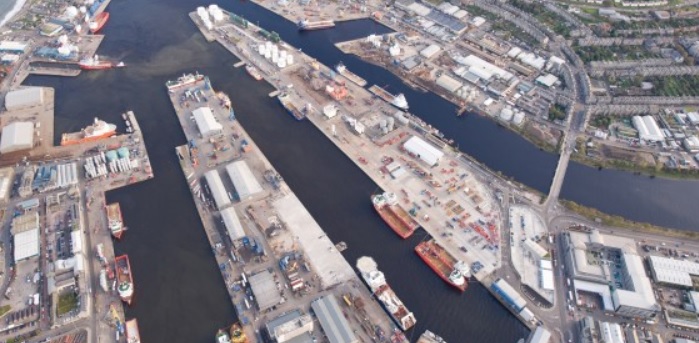Following reports of a number of instances where defective pilot ladders were identified on foreign ships visiting British ports and the regular use of dangerously weighted heaving lines by some vessels at UK ports, the British Ports Association (BPA) has called on the international shipping community to face up to these ongoing safety issues.
While UK shipping companies are usually fully compliant with safety rules set by IMO, many UK ports have found that increasing numbers of internationally flagged ships are inconsistent in their adoption of such standards. As such, the British Ports Association’s Chief Executive, Richard Ballantyne, called for leadership in the shipping industry and at the IMO to overcome the challenges.
Mr. Ballantyne drew attention on the recent publication by the International Maritime Pilots Association which confirmed that this remains a key safety problem around the globe, while the #dangerousladders hashtags on social media come to validate this.
While it is certainly true that you cannot put a price on the life, what makes these issues even more frustrating are the relatively minor costs associated with purchasing new pilot ladders and ensuring heaving lines don’t include scraps of metal hidden within monkey fist knots or have other dangerously weighted objects attached.
As such, he noted that, not only the global rules set by the IMO must be followed, but also that Port State Control practices should be firm, including, where needed, measures to prosecute and detain ships. In the UK this year, the Maritime and Coastguard Agency has refreshed its dangerously weighted heaving line reporting and enforcement mechanisms and a leading port operator is levying a charge on instances.
Such approaches can be applauded but without collective and global action the problems will no doubt continue. Therefore as we approach the end of year, I will be encouraging my colleagues who represent the global ports industry and UK’s representatives at the IMO to raise these issues at every possible opportunity in 2019. We must look to correct this jointly through both enforcement and education. This will ensure the sector’s pilots and seafarers enable our ships and ports to continue to keep the global economy trading in an efficient and safe way,
…he concluded.






























































